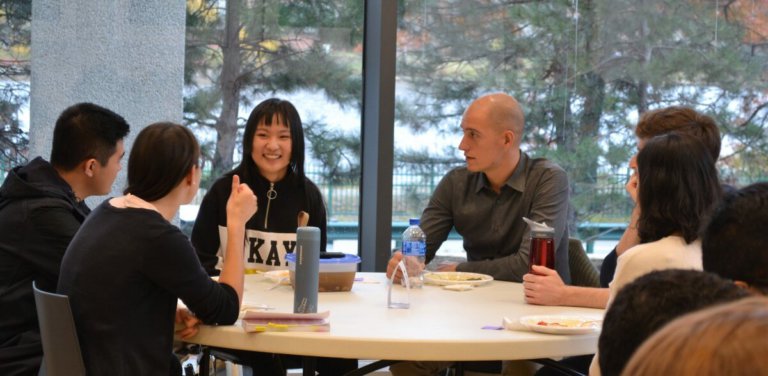
The tax landscape is changing. From new technologies to challenges in global regulations and growing business complexity, the tax professional of the future must be able to manage all these demands and more. Current accountants, auditors and other business professionals would need an updated and diverse skill set to stay relevant and help their organisations have an impact and survive mounting global challenges.
To cope with these increasing complexities, the Boston University School of Law’s (BU Law) Master in the Study of Tax Law programme is the answer working professionals are looking for.
Enrolling its inaugural class in Fall 2019, the new, 24-credit programme is designed to provide foundational tax law training to aspiring and current professionals whose job functions require them to navigate the fields of tax law. Students can earn the degree through residential studies in Boston, online, or through a combination of both formats.
Although new, the programme benefits from the 60-year history and reputation of the School of Law’s renowned Graduate Tax Programme, for which its Class of 2018 boasts a 92 percent graduate employment rate in fields relevant to their studies. It’s also ranked as the top law school Graduate Tax Programme in Boston, according to TaxTalent.
The programme aims to equip students with the practical skills required for immediate success in the field of taxation – a claim it can confidently make given the comprehensive way the curricula is designed.

Source: BU Law
The degree requires students to complete the Introduction to Tax Law Module and fulfil the Legal Research and Writing Requirement.
The Introduction to Tax Law course is to be completed exclusively online before matriculating. The five modules under this course covers the introduction to the US legal system, sources of US tax law, legal research in tax, legal methods (reading and briefing a case), as well as legal writing.
Upon enrolment, they will have to complete five required courses: Federal Income Taxation I and II, Tax Practice and Procedure, Partnership Tax 1 and Introduction to Corporate Tax – each counts for two credits. There are over 30 electives that provide students with an in-depth examination of specific areas of interest.
While technical skills have traditionally been sufficient, a PwC report details how this will no longer be the case given that the evolving tax environment will require skills in areas that are not tax-technical.
“The skills needed in Tax are expanding from core tax technical skills to include others that are increasingly in demand: technology and data-analytics; business acumen and soft skills; problem solving and process improvement; and project management,” said the company in The Tax Professional of the Future report.
These skills are no longer “nice to have” but unavoidable, especially when it relates to technology and when manipulation of large volumes of data is often now the norm. As technology rids tax professionals from tasks previously performed by humans, tax professionals would be required to add value in other ways too, most notably in business and global acumen in addition to relationship skills, notes the report.

Source: BU Law
“As Tax professionals progress in their career, they should “future-proof,” continuing to learn new skills in order to add value as business and technologies change.”
The broad range of electives offered in the Study of Tax Law master’s programme lets professionals meet the expanding needs of their professions. For example, the Tax and Technology elective explores technology solutions in support of two different angles: corporations and government, as well as comparing movements in the US with other countries. To sharpen your business acumen, there are several electives that serve this purpose, including Corporate Reorganisations, Life Cycle of a Business Venture and Tax Aspects of International Business.
Flexible structure, practically-oriented
To produce successful tax law specialists, students must be challenged and developed in all areas, not just the mastery of theory and technical skills. With recruiters’ global consensus on the importance of soft skills and emotional intelligence, it’s clear that the tax specialist of tomorrow must possess an abundance of both.
BU Law’s Master programme is well-equipped to give its graduates several advantages in this aspect. Whether you’re studying full-time on the Boston campus or online, each student receives individualised academic advising and professional development resources, and are eligible to participate in employer recruiting events during the final year of their studies.
Graduates of the Master in the Study of Tax Law will be part of the Graduate Tax Programme professional network of more than 3,000 accomplished alumni. Most importantly, they will be well-poised to find work in a wide range of practice settings, including accounting and tax advisory firms of all sizes; federal and state government agencies and legislative bodies; business corporations; non-profit organisations, academia and private law firms.
Follow BU Law on Facebook, Twitter, YouTube, Instagram and LinkedIn
Liked this? Then you’ll love…
Gain a practical foundation at Boston University School of Law
Leading law schools that produce agile talent for the jobs of tomorrow







